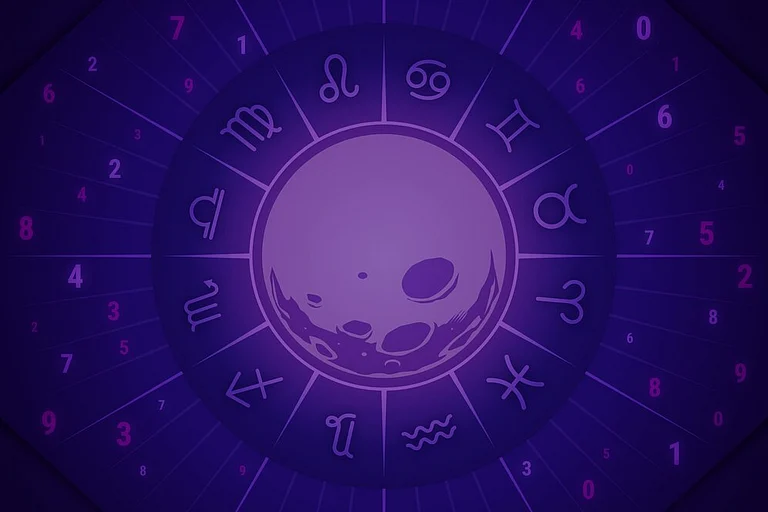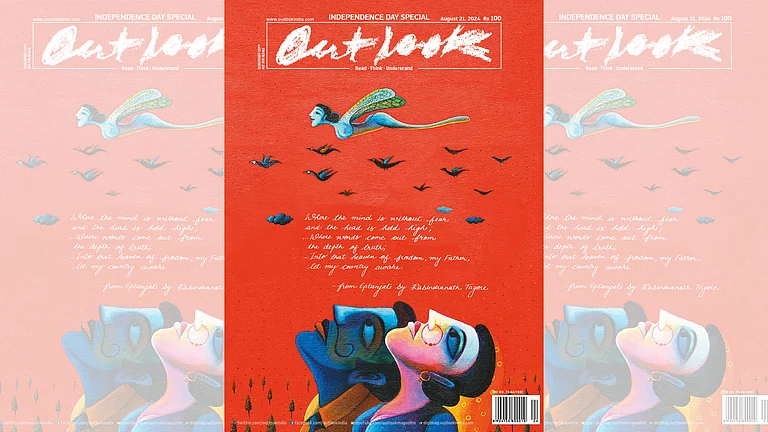Ramesh Sippy, of course, is the hero of Chopra’s book. But the supporting cast is equally adept. A few themes stand out. What if the cast were different? What if Danny Denzongpa had played Gabbar and Shatrughan had been chosen over Amitabh? Sholay would’ve been a good movie but hardly a myth. And what if Sippy had stayed on at lse and completed his economics? Maybe economics would have been a more colourful discipline.

Sholay, along with Mother India, Mughal-e-Azam, Hum Aapke Hain Kaun, is among the four great blockbusters of Hindi cinema. If the other three treated the usual problems of love, courage, marriage, loyalty, Sholay redefined the nature of evil and violence. It modified the daku sartorially, ecologically and linguistically. Gabbar was no dhoti-clad figure hugging the filmi Rajasthan ravines, no mixture of good and evil, he was uncontaminated evil. Sholay also rendered dialogue supreme in Hindi movies. hmv sold more records of Gabbar’s dialogues than it did of R.D. Burman’s songs.
Sholay showed how a populist imitation of a movie classic—The Seven Samurai—could have an equal touch of genius. The movie transformed not only the archetype of the daku but indigenised the cowboy movie. It was appropriate for a changing India tired of passive heroes and a stagnant Nehruism. Yet it could not elude the censor which insisted during the Emergency on a politically-correct ending where the cops arrive on time.
Sholay is trivialised twice, by the censor board and by the advertising industry. Thus Gabbar becomes the ideal vehicle for selling Glucose biscuits. It was also the first 70 mm movie made in India; the technology had kept audiences riveted. But a lot of the original gore is abbreviated to symbolic violence after about 10,000 ft were cut. Chopra captures this gently, expertly. Best of all, she keeps miles away from academic film criticism. Buy it, or even better, sell it in black.
























